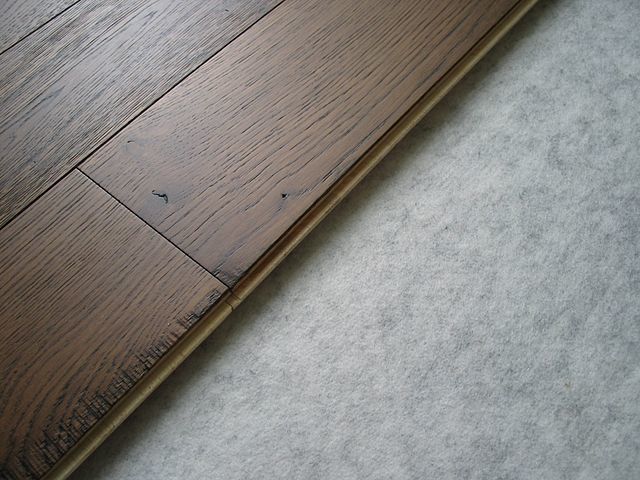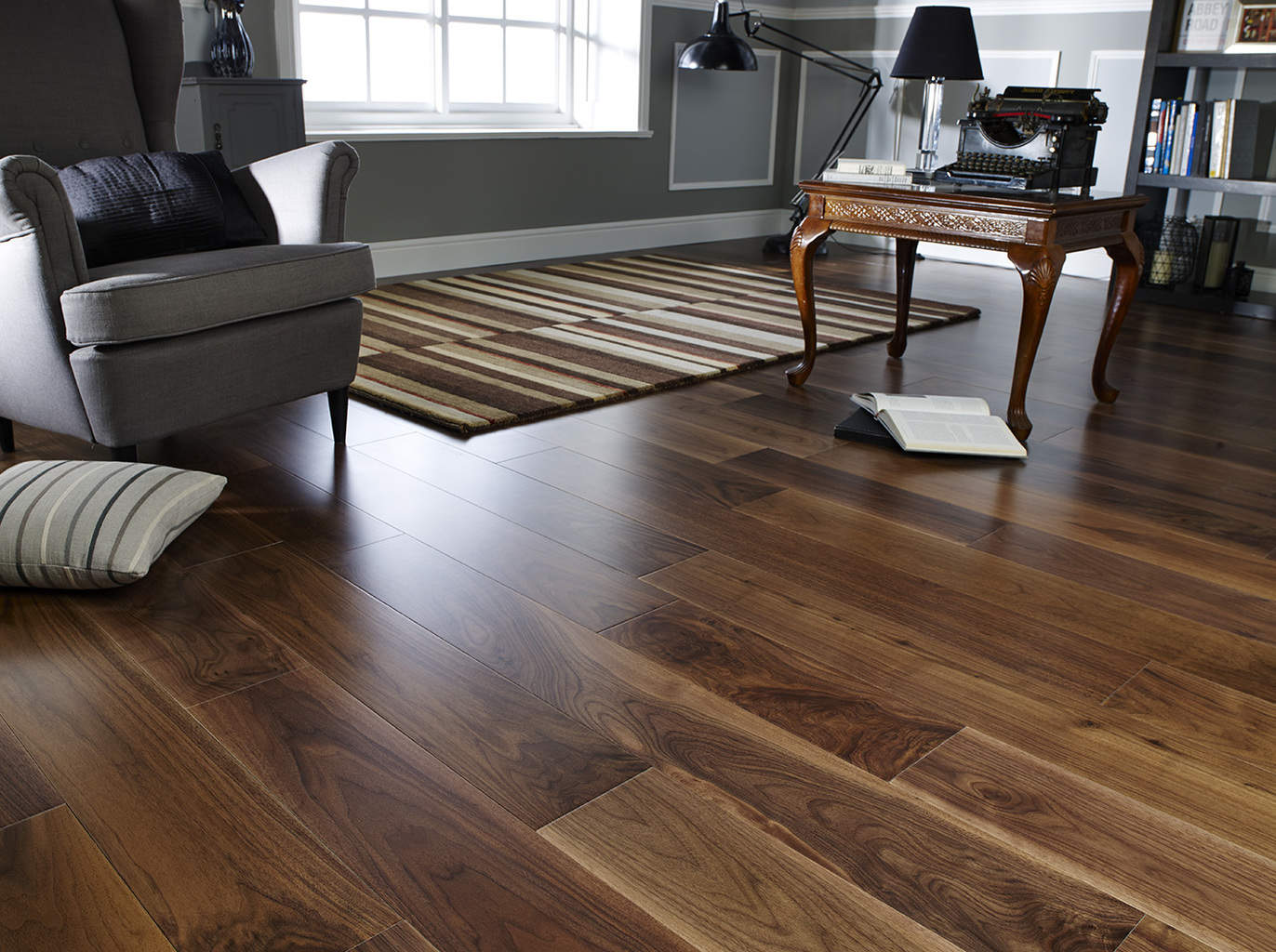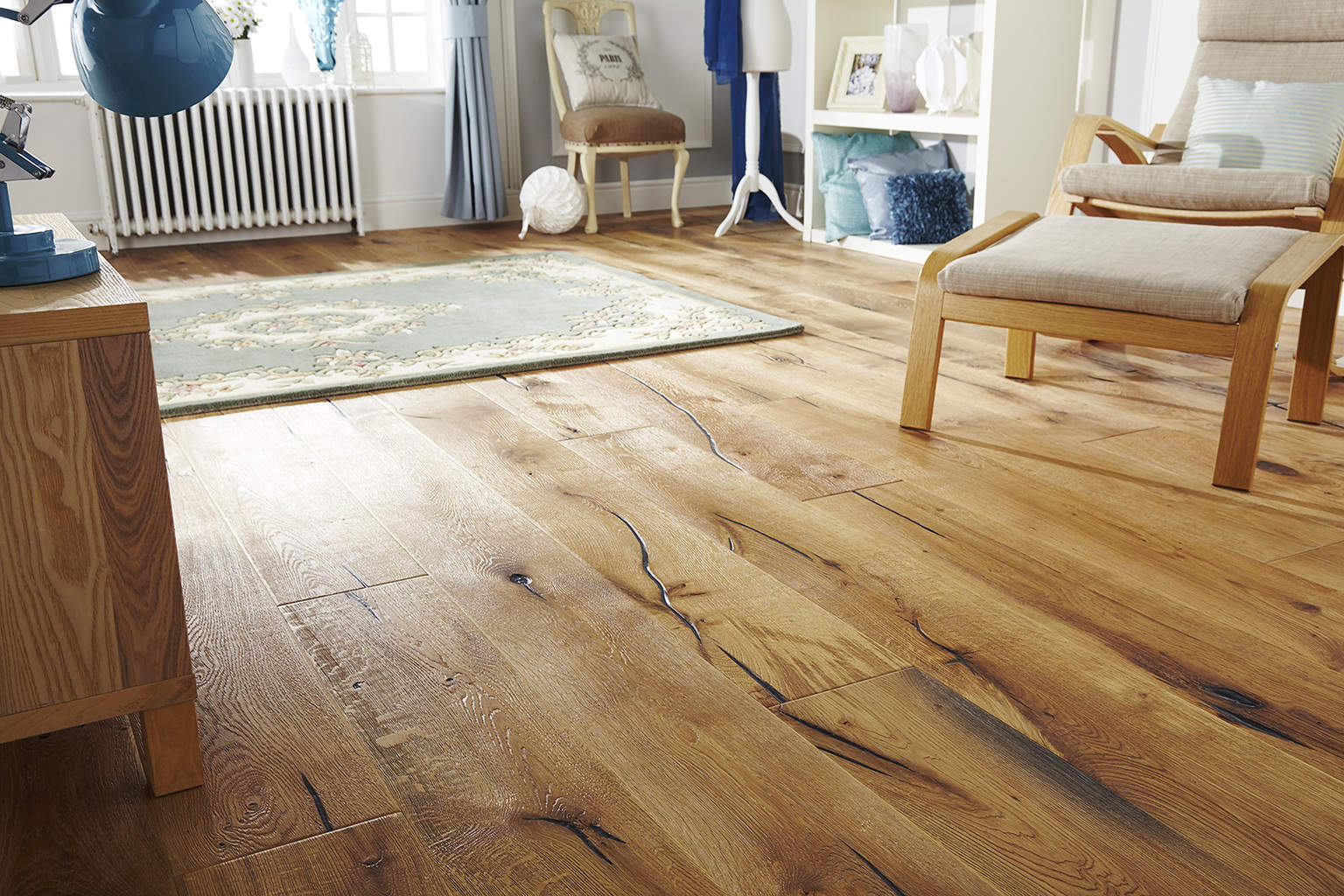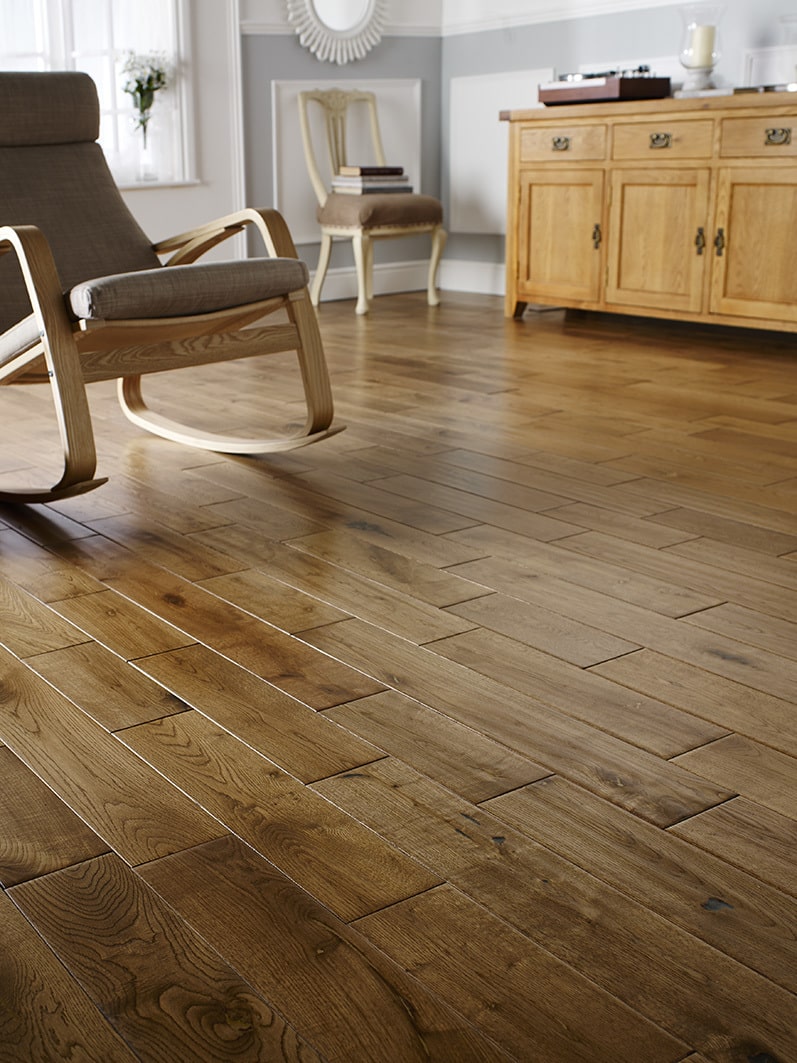Which one to choose: solid or engineered wood floor?
Choosing the finishes for your home project can be the most exciting part. Floors in particular can dramatically change the overall look of your new extension, so it’s important to get it right. People are increasingly opting for timber flooring over carpet for a look that’s sleek and modern, yet warm and natural.
But it’s not just the appearance that you need to consider. Should you go for solid or engineered? What a minefield! Luckily, Cameron at Luxury Flooring and Furnishings is our guest expert this week and he’s kindly offered some insight into the difference between solid and engineered wood flooring…
“It is one of the most commonly asked questions when it comes to flooring: solid or engineered wood? Solid wood is, as the name suggests, made from solid wood. No matter what type of wood, solid wood floorings are made up entirely of the material itself, whether it be oak, walnut or any other type of wood. Engineered wood, however, is made up of layers of timber or plywood and finished with a solid wood lamella on the top layer.


So, is solid or engineered flooring more suitable for my project?
Both types have their own set of benefits and you should consider these when looking at any new flooring, depending on your unique situation.
Solid wood flooring
Solid wood flooring offers many benefits for homeowners. Its strength and durability grants the solid wood a long life and would likely never need replacing once installed. Because of its structure, it is also less prone to scratch or damage, making it a sound investment for any home. Again, due to its properties, a solid wood floor attracts less dust, allergens and mould, making it a low maintenance and dependable flooring.
However, solid wood floorings are a poor choice if you’re considering using them in a high temperature, moist environment such as a bathroom, or when considering them for use in conjunction with underfloor heating. This is because solid wood floors have trouble expanding and contracting when in a heated environment. Due to its inability to withstand effects of moisture, solid wood flooring is not suitable for most conservatories, basements or bathrooms.

Engineered wood flooring
Comparatively, engineered wood flooring is ideal for use with underfloor heating as it can withstand levels of moisture and fluctuations in temperature. Similar to solid wood flooring, engineered wood also retains heat, making it a better choice than carpet when considering your heating bills. The main positive of engineered wood is that it is cheaper and delivers the same aesthetic, providing you with the best of both in terms of appearance and price. Thanks to how it is made, engineered wood is suitable to use in rooms such as conservatories, basements and rooms with underfloor heating, whereas solid wood is not.
Both solid and engineered wood floors offer their own benefits and both should be considered before you make your decision. Of course, it’s entirely dependent on your situation and the room to which you want to add a wood flooring. Both kinds of wood floors look amazing when used in a parquet style, particularly popular at the moment and a style that we would highly recommend.

Thank you Cameron at Luxury Flooring and Furnishings !
Emily Design for Me
